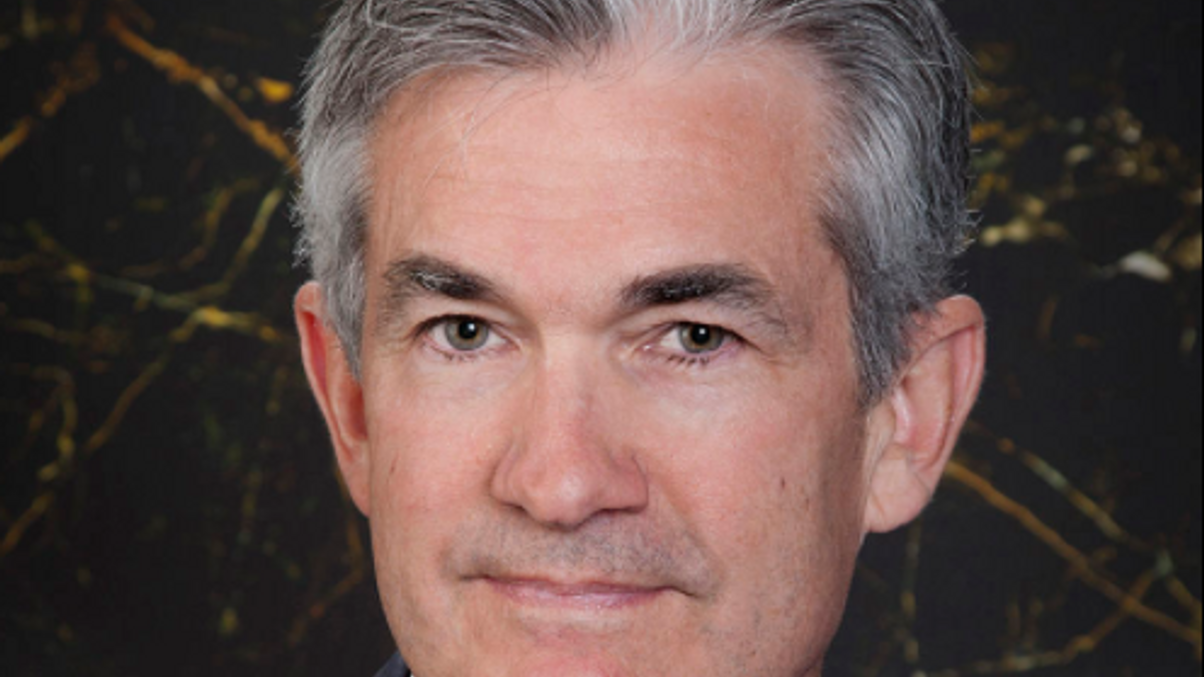New Fed chair gets thumbs up from Asia investors
Jerome Powell, the next chairman of the US Federal Reserve, should continue the policies of current head Janet Yellen, which should ensure a good Asia outlook, experts say.

US president Donald Trump's appointment Jerome Powell as the next chairman of the Federal Reserve indicates that the country's monetary policy is likely to remain on its current trajectory for the time being. That's good news for Asia, which is benefiting from the country's low rates and relatively strong economy, say investment experts.
Sign in to read on!
Registered users get 2 free articles in 30 days.
Subscribers have full unlimited access to AsianInvestor
Not signed up? New users get 2 free articles per month, plus a 7-day unlimited free trial.
¬ Haymarket Media Limited. All rights reserved.


